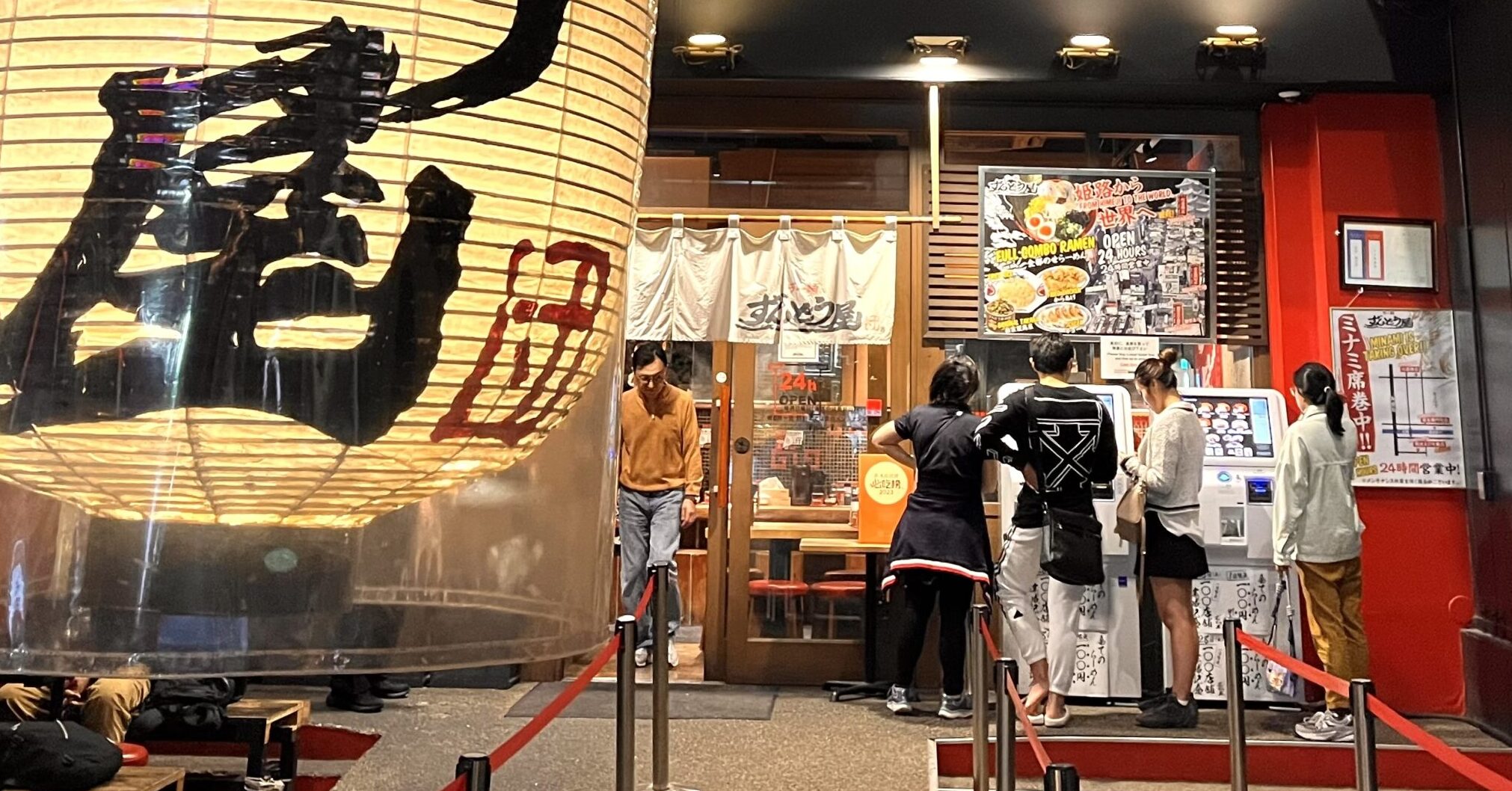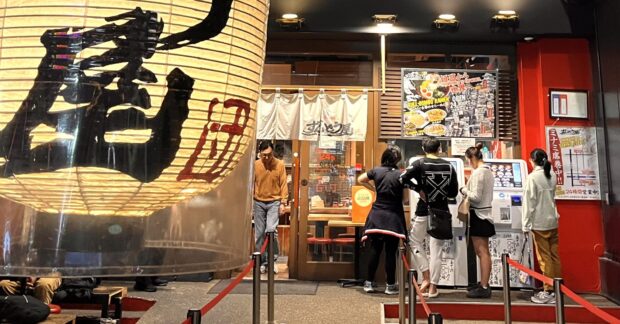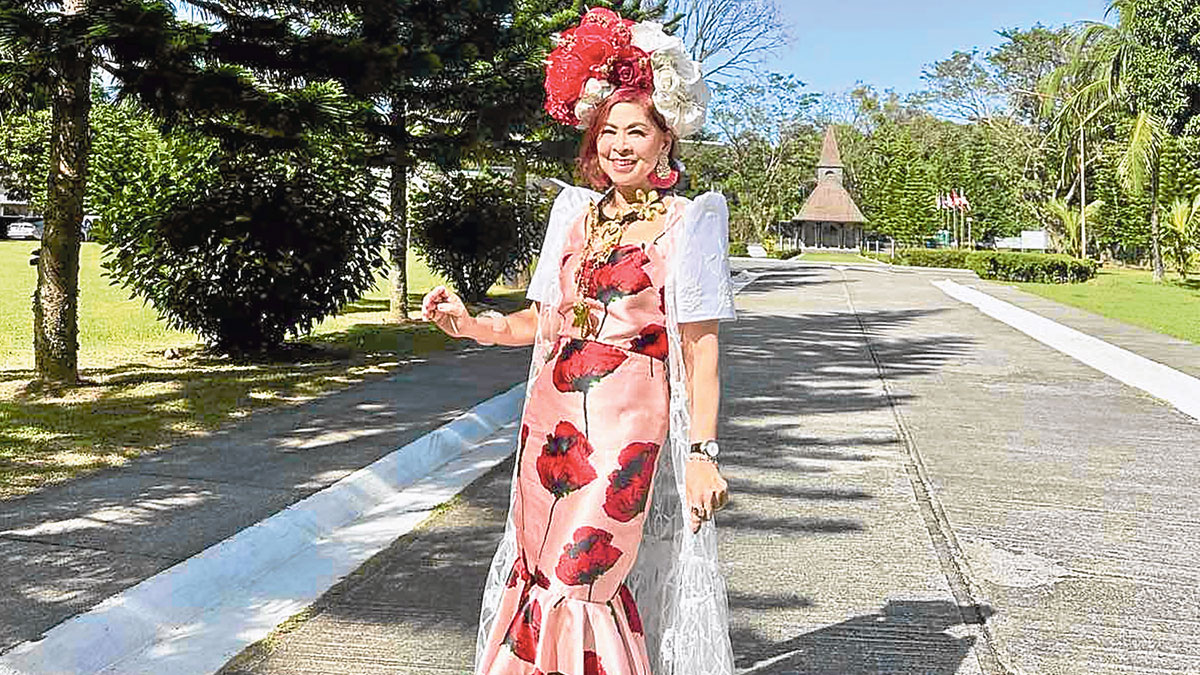I was in my room at Asian Hospital, due for an angiogram, when I heard the knock on my door. The door opened and there he was, a tall, happy priest smiling at me like an angel.
“Father Joe (Fr. Joe Cremades) sent me. You are Minyong, right?”
“Yes Father, I want to hear confession,” I said.
The smiling priest sat beside my bed. He put on his stole and quietly heard my confession. With his most kindly voice which reminded me of God’s fatherly love and mercy, he gave me the apostolic blessing when I finished my confession.
A kind of loving peace descended on me and I felt happy. I didn’t mind dying on a beautiful day.
I’m extremely blessed. Our religion has fantastic spiritual support for giving us Christians fortitude and grace to face our health crises (and quite possibly death) with optimism and peace.
Tio Guillermo did it with humility and style. Months before he died in 2007 at the age of 82, he dropped by only to sincerely tell me, “Minyong, pagpapasensyahan mo ako, kung may pagkukulang ako sa iyo.”
He said the same thing to his children and other folks at home, we learned later.
Unique act
Tio Guillermo was one folksy, hometown-type husband—plain, simple, sincere and a caring husband and father. Why he went out of his way to apologize for his shortcomings months before he died puzzled me.
It was a unique act that took a lot of humility. I couldn’t think of any grave matter. As we buried him, I could only surmise that Tio Guillermo simply followed his Christian instinct. His public apology is a scriptural formula for a peaceful and happy death. He must have apologized first to God for his “pagkukulang,” and then to his fellow travelers in this valley of tears.
“Forgive us our trespasses, as we forgive those who trespass against us…”
Since death comes like a thief in the night, one can be caught flat-footed. It helps to pray for a happy death. The night before he suffered a heart attack in 1961, my uncle Padre Vicente (a Catholic chaplain in the Philippine Constabulary) was pacing the driveway, praying the rosary. He had a heart attack the next morning in his office at the Camp Crame chapel.
While still conscious, he asked for his friend, another priest chaplain, to hear his confession and give him the last rites of extreme unction. Padre Vicente went into a coma and died two days later.
In the grace of God
I accompanied his remains to the morgue where, stripped naked, the mortician washed his body. I made sure he wore his priestly vestments.
Padre Vicente was extra kind to me. He paid my way through school to help Inay Aurea. He was generous in life, and he knew how to die the Christian way—peacefully, in the grace of God.
I experienced handling unexpected death when my first wife Tinette suffered an aneurysm of the brain in 1984. She fell unconscious while at her desk working, and was rushed to the nearby ER of Makati Med. I caught her while she was being wheeled to the ICU.
A doctor at the ER told me I could still talk to her; the faculty of hearing was the last to go, he said. As she was being wheeled, I talked close to her ear, telling her it was me, Minyong. Pray with me, I said. And I recited the act of contrition with her.
I was thinking of the safety of her soul first. Later on, my mother-in-law, Inay Veny, brought her monsignor priest friend to give my wife the last rites.
In the morning, streams of my wife’s officemates came to see and touch my late wife, who lay in a coma. They formed a big crowd, surrounding the circular room at the ICU. The doctors updated us every hour about what was happening to her heart, her blood pressure, her respiration, her brain.
Beautiful face
By noon on the second day, our doctors said my wife’s condition had deteriorated, and that there was nothing we could do but wait. Much later, interns surrounded her bed, monitoring all the critical signals from the life support system attached to her.
“She’s going to go in 30 minutes,” the doctors said in a kind tone. Her blood pressure was very unstable and erratic, shooting up and down. I announced to all her visitors the impending end and asked them to say goodbye. One by one they touched her. Some kissed her.
After all of them had said their goodbyes to my wife, we prayed the rosary together. My wife was dying surrounded by a big crowd, praying aloud.
I told the doctors I wanted my wife all to myself. I wanted my wife to die in my arms. I hugged her and put my head on her chest and stayed glued there, listening to her heartbeat—beating, beating slowly, beating weakly, beating faintly until it stopped.
Then I looked at her face, and I saw the tension and suffering in her countenance disappear in slow motion. I saw her face clear up slowly, gradually regaining her youthfulness and beauty, until what I saw finally was the beautiful face on our wedding day.
That facial transformation was, for me, the most beautiful and haunting visual experience I’ve ever had in my life. It was a face that dwelt in heaven.
On Nov. 1, All Saints’ Day, may our faithful departed rest in peace.
E-mail the author at [email protected].












































